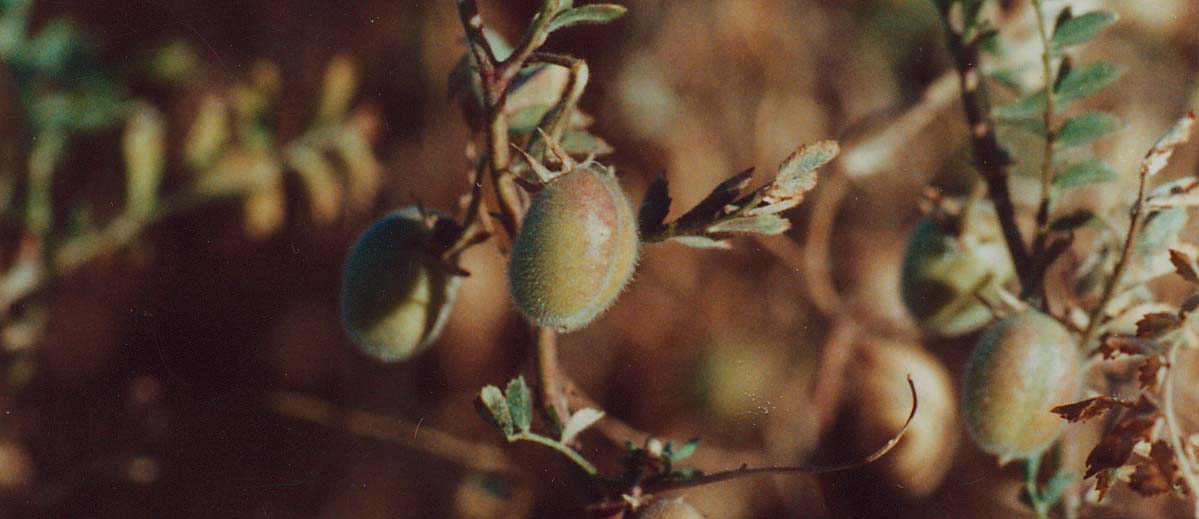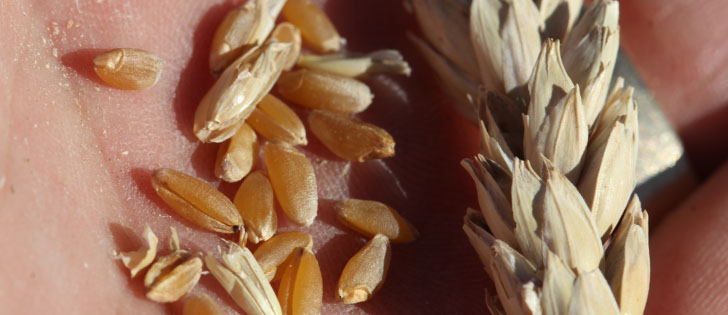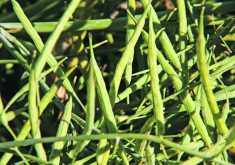Farmers have long believed in the principles of reusing and recycling.
Why throw something away when it might come in handy another day?
Damon Carson of Denver, Colorado, has taken that idea a bit further. He recycles products from one industry and reuses them in another, mainly farming and ranching.
Waste has always been his business, but he re-entered the industry a year ago with a different model after selling his traditional garbage collection company to Waste Management.
“All the buzz is about recycling,” he said. “Aluminum, plastic, paper, that all has to get shipped or purified, transformed, melted, something. We’re interested in things that are reusable, that have functionality.”
Read Also

Pakistan reopens its doors to Canadian canola
Pakistan reopens its doors to Canadian canola after a three-year hiatus.
For example, he has been driving to municipalities and collecting their old street sweeper brushes.
“Those get repurposed as back scratchers for livestock. I’m just putting a pallet together of six to a dairy farmer in Iowa today.”
Large, wide conveyor belts from coal mines become flooring in livestock trailers and shop floors. Some ranches use it as windbreaks.
“It’s no longer good to the mining industry, but that doesn’t mean it doesn’t have many, many years of life left in farm and ranch.”
Carson’s company, Repurposed Materials, also reuses advertising billboard vinyl as tarps. He said it’s heavier than other available tarps and is more durable.
Companies that pay for these billboards want their ads to look great, not rip in the wind and be waterproof so the colours don’t run, he said.
“It might only be up for three months. It becomes waste in the advertising industry.”
However, farmers use them to cover hay or as floor covering.
The vinyl still has the advertising on them and the other side is black or white.
Carson calls some of the vinyls his vanity products.
“It might be some ambulance-chasing lawyer, it might be Chevrolet or Bud,” he said. “Some guys will buy those for a little more money just to hang them up in the shop for something fun.”
Carson obtains some of his products for free, such as the sweeper brushes, and pays for some, such as the vinyl and conveyor belts.
However, he said his costs are low enough that he is able to sell for a profit and still provide good value to farmers.
“A comparable hay tarp is $250, $300 for the same size and thickness,” he said. “I’m selling these repurposed billboards for $100 each.”
However, Carson still doesn’t know what to do with the tarps after they wear out.
Grain bags present a similar problem. He obtained his first bag a month ago and hasn’t yet decided how to repurpose it.
“Could this go into the landscaping business for weed barriers?” he said.















